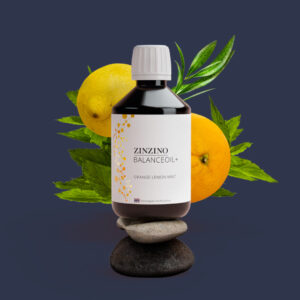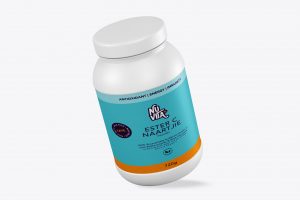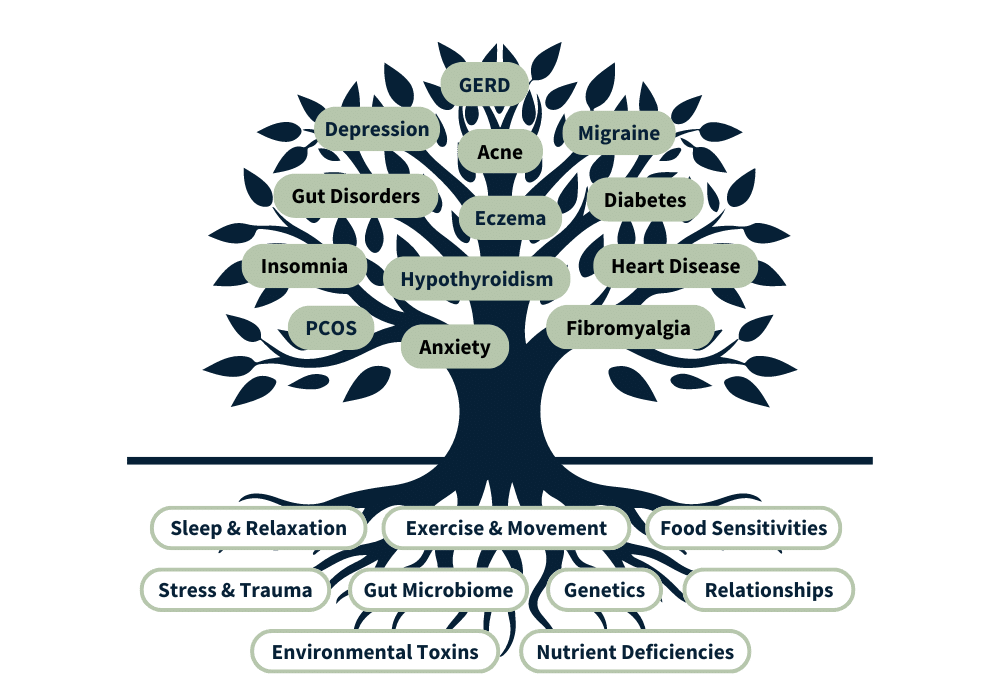Imagine your digestive tract lining, specifically the small intestine, as a massive dam wall, standing tall and strong, holding back the turbulent waters. This dam wall represents your health, with its integrity crucial to your well-being. Now, let’s dive into a recent study, like a team of expert engineers inspecting the dam.
"Leaky gut," also known as increased intestinal permeability, refers to a condition where the lining of the gastrointestinal tract becomes more porous, allowing substances like bacteria, toxins, and undigested food particles to pass through and enter the bloodstream. In a healthy gut, this barrier is tightly regulated to control what gets absorbed.
In this study, conducted in 2021, researchers explored the intricate relationship between rheumatoid arthritis (RA) and what they call “leaky gut” or intestinal permeability. Picture this leaky gut as cracks and holes in the dam’s wall, allowing unwanted elements to seep through. The study, titled “Intestinal Barrier Dysfunction Plays An Intricate Role In Arthritis Pathology And Can Be Targeted To Ameliorate Disease,” strongly suggests that leaky gut plays a pivotal role in causing rheumatoid arthritis and could be a prime target for therapeutic intervention.
Med . 2021 Jul 9;2(7):864-883.e9. doi: 10.1016/j.medj.2021.04.013.
To understand the extent of this discovery, think of the researchers as detectives, examining both human RA patients and arthritic mice. They checked for clues in the blood, specifically markers of gut permeability. These markers, like tiny alarm bells, can indicate when substances from your gut, such as lipopolysaccharides from certain bacteria, escape into the bloodstream. The more of these markers found in the blood, the higher the disease activity. It’s as if the water level in the dam rises with more cracks, signifying increased disease severity.
But there’s more to this story. The arthritic mice, just like real-life counterparts, exhibited increased gut permeability from the earliest stages of the disease. It’s as if their dam wall had cracks right from the start. These cracks allowed harmful elements, like inflammatory gut damage and dysbiosis (an imbalance in gut bacteria), to create even more leaks. This, in turn, led to an influx of inflammatory markers and white blood cells (leukocytes) into the bloodstream.
Here’s where it gets interesting. The study revealed that both pathogenic bacteria and the body’s immune response (white blood cells) are needed to disrupt gut barrier integrity. Imagine the bacteria as vandals causing structural damage to the dam wall, while the immune response serves as the siren alerting everyone to the breach.
Now, the most exciting part: the researchers found a potential solution in the form of AT 1001, a molecule that can prevent the development of gut permeability. Think of this molecule as a skilled dam wall repair crew. When they tested it on the arthritic mice, they managed to mend the leaky gut, consequently ameliorating the arthritis.
AT 1001 is currently in a second-phase clinical trial, mainly for celiac patients. These trials are showing positive results, raising hopes of it becoming a pharmaceutical drug. Interestingly, given the strong link between rheumatoid arthritis and gut leakiness demonstrated in this study, there’s a chance it might enter the realm of rheumatology as well. While AT 1001 isn’t available to the public yet, it’s a space worth keeping an eye on.
So, just like vigilant engineers inspecting the dam wall to prevent flooding, researchers are tirelessly working to understand and repair the cracks in our health’s foundation, offering hope for those facing conditions like rheumatoid arthritis.
In the world of natural medicine, studies have been performed using specific probiotics to support and heal leaky gut. In one study, after 30 days of supplementation with a spore-based probiotic, subjects (n=15) saw a significant reduction in serum endotoxin and triglycerides.
There was a significant reduction in Il-1B, IL-12p70, and ghrelin. In the placebo group (n=13) a significant 36% increase in endotoxin, as well as a 5% reduction in triglycerides was observed.
Thirty-day supplementation with resulted in blunting of dietary endotoxin, triglycerides, and systemic inflammation.








